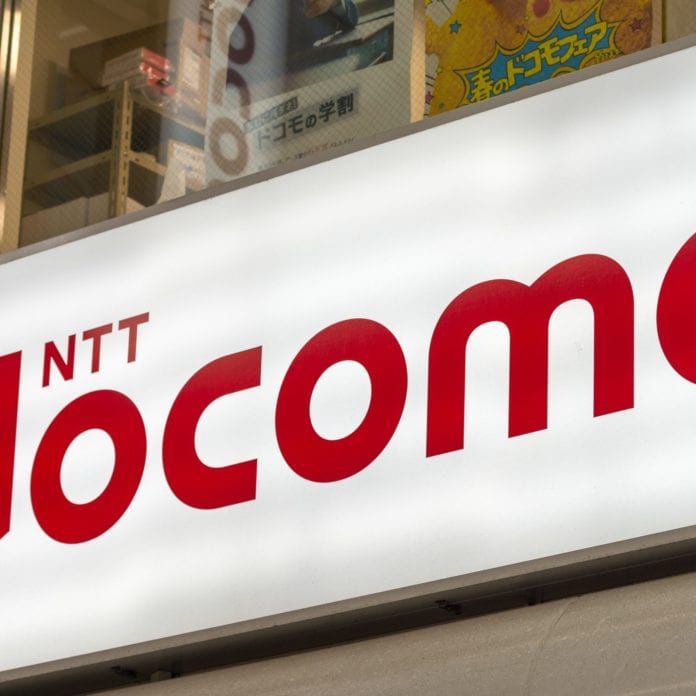DoCoMo confirmed it will adopt Anritsu’s 5G New Radio RF Conformance Test System ME7873NR platform
Japanese carrier NTT DoCoMo has formally adopted Anritsu’s equipment for 5G testing.
The Japanese carrier said it will use Anritsu’s 5G New Radio RF Conformance Test System ME7873NR platform as its first 5G NR RF test system.
Anritsu said that through the combination of this new system with NTT DoCoMo’s existing 5G NR Mobile Device Test Platform ME7834NR units, the company’s device acceptance tests will fully support both RF and protocol tests, assuring stable 5G service rollout.
The ME7873NR RF test platform is targeted at 5G NR terminals now in development and supports both RF conformance and device acceptance tests, Anritsu said.
Anritsu’s ME7873NR is an automated test system for 5G NR RF tests specified by 3GPP TS38.521. It is designed to support both 5G NR standalone (SA) and non-standalone (NSA) modes; combined with an over-the-air test chamber for 5G, the system covers not only the sub-6 GHz bands but also the millimeter- wave frequency bands used by 5G, the company said. The ME7834NR is designed to address both 5G NR operator acceptance protocol tests and 5G NR protocol conformance tests, Anritsu added.
NTT DoCoMo has been carrying out a number of trials in the 5G field, mainly with Chinese vendor Huawei. The two companies recently announced a collaboration with Tobu Railway to trial a millimeter wave system at Tokyo Skytree Town, as part of a broader push for field trials being advocated by Japan’s communications ministry.
DoCoMo and Huawei said the Tokyo trial was conducted with the main aim of researching technical conditions to use the 28 GHz band and other candidate spectrum for 5G in dense urban areas.
Earlier this year, Finnish vendor Nokia secured a contract with NTT DoCoMo to provide next-generation equipment for the operator’s future commercial launch. Under the deal, Nokia will support NTT DoCoMo’s commercial operation in Japan by further enhancing existing baseband units and integrating its 5G New Radio-based AirScale hardware in the network.
In related news, Rakuten Mobile Network, the mobile network subsidiary of Japan’s e-commerce giant Rakuten Group, and India’s Tech Mahindra have signed an memorandum of understanding to jointly build 4G and 5G software defined network laboratories in Tokyo and Bengaluru. The labs in Tokyo and Bengaluru will focus on fostering innovation in the telecom space. Tech Mahindra will also provide network integration capabilities.
Earlier this month, Rakuten Mobile Network conducted a 5G trial in collaboration with Nokia and Intel as it prepares to shift from a mobile virtual network operator, to building out its own network. Rakuten used the Nokia AirScale base station and the Intel 5G Mobile Trial Platform for the technology trial.
The trials were carried out from June at the Nokia Kawasaki Technology Center located in Kanagawa Prefecture in Japan to evaluate fundamental 5G capabilities in the 28 GHz frequency band. Rakuten and Nokia said they have verified a number of 5G applications, including 4K video and 3D, 360-degree VR live streaming.
Rakuten Mobile Network, owned by Japanese e-commerce giant Rakuten, received approval for its ‘Special Base Station Deployment Plan’ in April 2018 and aims to launch its first services as a mobile network operator in October 2019.

